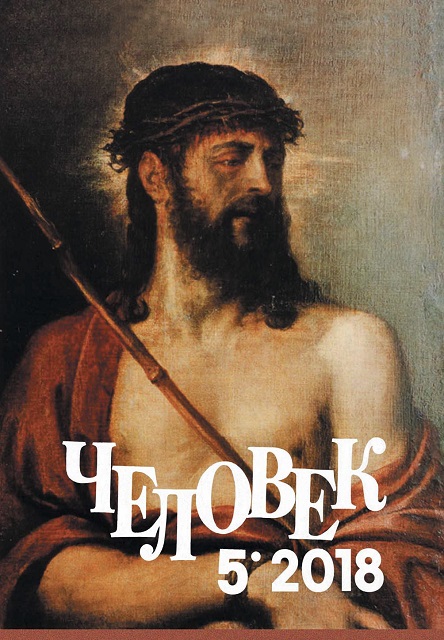The human in a cross
Keywords:
humanitarian knowledge, science, philosophy, humanities, the human, self-determination, text, classics, non-classical and post-non-classical knowledge, new technologies, Interdisciplinarity, transdisciplinarityAbstract
Interdisciplinarity is a common attribute of all the contemporary science, but its manifestations in humanitarian knowledge are rather specific. Those specifics were a key subject for the discussion. Contemporary humanitarian knowledge was considered in its two modes: as a well-organized disciplinary knowledge and as an intellectual space filled with interdisciplinary projects. The discussion highlighted the existing demand for the humanitarian expert review of discoveries in sciences and interdisciplinary projects when those are implemented in new technologies. The issues of working out non-classical and post-non-classical versions of the development of scientific knowledge were considered. Those issues constitute a problem for philosophical reflection and raise a question of the semantic core of humanitarian knowledge in general. An emphasis on the human that is the main concern of the humanities, provided the interlocutors with an opportunity to demonstrate where the center of the whole variety of disciplinary research, and inte and transdisciplinary strategies is situated. In the humanities the human remains the core for those interdisciplinary “retro” projects that connect the past and the present of the culture as well. Attention was drawn to the relevance and importance of classical texts. The interlocutors came to a conclusion that the Human, being equipped with such a diverse field of disciplinary research and interdisciplinary projects, can attain the knowledge that would contribute to his/her self-determination. These two lines of modern humanitaristics — those that are aimed at “improving” the quality of life of a person, and those that are turned to studying the past — could equally help a person make meaningful choice of man in the diversity of cultures, identities, languages, traditions, etc., exercising his own freedom.






